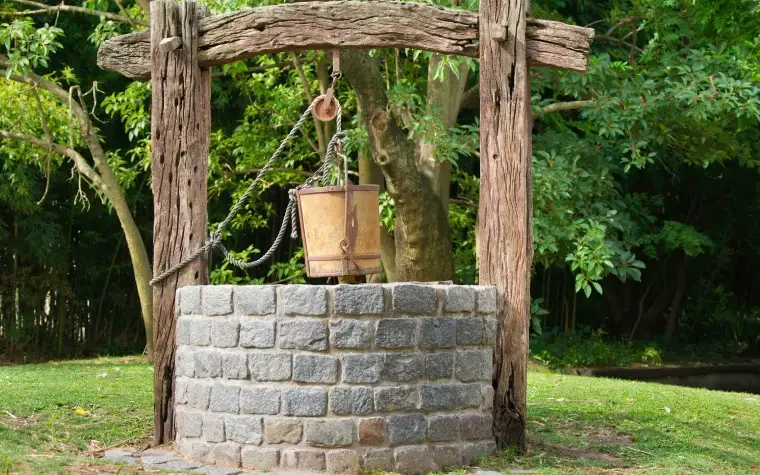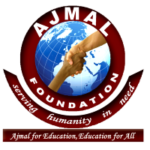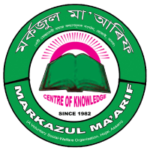Quenching Thirst: Water Wells for Sustainable Development

Introduction
Access to clean water is a fundamental human right; yet millions of people worldwide lack this necessity. The global water crisis continues to impact health, education, and economic growth, particularly in impoverished communities. However; one solution that has proven effective in quenching the thirst of communities and promoting sustainable development is the construction of water wells. This article explores the significance of water wells, the role of NGOs in implementing these projects, and the impact they have on communities.
The Global Water Crisis
The scarcity of clean water is a pressing issue that affects numerous regions worldwide. Shockingly, over two billion people still lack access to safe drinking water; while around four billion face water scarcity for at least one month every year. This crisis has severe implications, leading to waterborne diseases, malnutrition, and even death. Moreover; the absence of clean water hampers educational opportunities, as children are often burdened with fetching water instead of attending school. Additionally; economic growth is hindered when communities are unable to sustain agricultural activities due to water shortages.
Water Wells: A Solution for Communities
Water wells offer a sustainable solution to combat the challenges posed by the global water crisis. Constructed with careful consideration of local conditions; these wells tap into underground water sources, providing a reliable and clean water supply. By establishing water wells, communities gain access to safe drinking water, which improves overall health and reduces the prevalence of waterborne diseases. Furthermore; water wells empower individuals, particularly women and children, by freeing up their time and enabling them to pursue education, livelihood opportunities, and economic growth.
The Maarif Foundation’s Initiatives for Water Wells
The Maarif Foundation play a crucial role in addressing the water crisis and implementing water well projects. The Maarif Foundation is driven by a mission to improve the lives of vulnerable communities and work tirelessly to ensure access to clean water. The Maarif Foundation initiate and manage projects focused on water well construction, partnering with local communities, governments, and other stakeholders to create sustainable solutions. Their efforts go beyond the physical construction of wells, encompassing community empowerment, education, and long-term maintenance.
Assessing Community Needs
Before implementing water well projects; The Maarif Foundation conduct comprehensive assessments to identify communities lacking access to clean water. These assessments consider various factors such as water quality, availability, and local needs. Feasibility studies are conducted to determine the viability of constructing water wells in specific areas, taking into account geological conditions, hydrological surveys, and the potential impact on surrounding ecosystems. This meticulous evaluation ensures that resources are utilized effectively and that the wells will serve the intended communities.
Fundraising and Collaborations
Funding plays a crucial role in the successful implementation of water well projects. The Maarif Foundation employ various strategies to raise funds, including individual and corporate donations, grant applications, and fundraising events. Collaborations with philanthropic organizations, governments, and international agencies are also vital for mobilizing resources and expertise. By fostering partnerships, the Maarif Foundation can leverage collective efforts to maximize the impact of water well initiatives and reach a larger number of communities in need.
Designing and Constructing Water Wells
The design and construction of water wells require careful consideration of geological conditions, water table depth, and the community’s specific requirements. The Maarif Foundation collaborate with engineers, hydrologists, and local experts to determine the most appropriate type of well for each area. The construction process typically involves drilling or digging boreholes, installing casings, and equipping wells with hand pumps or other extraction mechanisms. Local communities actively participate in the construction, fostering a sense of ownership and responsibility for the wells.
Ensuring Sustainability and Maintenance
Sustainability is a crucial aspect of water well projects. The Maarif Foundation recognize the importance of training and engaging local communities in the maintenance and management of wells. Training programs are conducted to equip community members with the necessary knowledge and skills to monitor and maintain the wells, ensuring their long-term functionality. Additionally, monitoring systems are implemented to track water quality, usage, and potential issues, allowing for prompt intervention and maintenance.
Impact of Water Wells on Communities
Water wells have a transformative impact on communities, leading to improved health, increased educational opportunities, and enhanced economic growth. Access to clean water significantly reduces waterborne diseases, providing a healthier living environment for community members. Children, especially girls, can attend school regularly instead of spending hours collecting water, thus increasing educational attainment. Moreover; water availability fosters agricultural productivity, empowering communities to sustain livelihoods and boost economic development.
Case Studies: Success Stories
Numerous success stories highlight the transformative power of water wells. In a rural village; the establishment of a water well resulted in a significant decrease in waterborne illnesses. In another case; a community previously dependent on erratic rainfall for irrigation became self-sufficient in agriculture after gaining access to a reliable water source through a well. These stories showcase the tangible benefits that water wells bring to communities, emphasizing their importance in sustainable development.
Overcoming Challenges
Implementing water well projects comes with its share of challenges. Technical and logistical obstacles, such as accessing remote areas or drilling in challenging terrains, require innovative solutions and expertise. Cultural and social considerations must also be taken into account; as local customs and beliefs may influence community participation and acceptance. The Maarif Foundation navigate these challenges by engaging with local stakeholders, building trust, and fostering open communication to ensure successful project execution.
Scaling Up and Replicating Success
As the impact of water wells becomes evident; it is essential to scale up these initiatives to reach more communities in need. We share their knowledge, best practices, and lessons learned with other organizations and governments, promoting the replication of successful models. By disseminating information and collaborating, the reach of water well projects can be expanded, leading to a greater number of communities benefiting from sustainable access to clean water.
Advocacy and Awareness
Raising awareness about the global water crisis is paramount to foster change and garner support for water well initiatives. The Maarif Foundation engage in advocacy efforts, emphasizing the urgency of addressing the issue and calling for policy changes and increased funding. Through public campaigns, educational programs, and media outreach, they shed light on the water crisis and encourage individuals, businesses, and governments to contribute to sustainable solutions.
Empowering Communities for Self-Sufficiency
The Maarif Foundation strive to empower communities for self-sufficiency by promoting community-led initiatives. They facilitate capacity-building programs, encouraging the development of local committees responsible for managing and maintaining water wells. By involving community members in decision-making processes and instilling a sense of ownership, the long-term sustainability of water wells is ensured. This empowerment creates a ripple effect; as communities become more resilient and capable of addressing other challenges beyond water scarcity.
Conclusion
Water wells serve as indispensable tools in quenching the thirst of communities and fostering sustainable development. Through the dedicated efforts of The Maarif Foundation, access to clean water becomes a reality for millions, leading to improved health, increased educational opportunities, and enhanced economic growth. As the global water crisis persists, it is imperative to continue supporting and expanding water well projects, ensuring that no community is left behind in the journey towards a future where clean water is accessible to all.
Recent Posts
- Reviving Hope: The Powerful Impact of Charitable Donations in Healthcare
- The Gift of Warmth in Winter: How Blanket Donations Wrap Vulnerable Lives in Comfort
- The Stunning Effect: How Small Donations Create Big Changes
- Spreading Warmth: The Maarif Foundation’s Impactful Winter Campaigns
- Bringing Hope to the Homeless: The Maarif Foundation’s Shelter Programs
Recent Comments
Archives
Empower Lives, Make a Difference. Donate to Transform
We believe in the incredible power of generosity and compassion to create a better world.
Leave a Reply Cancel reply

- 4, Strone Road, Forest Gate, London, E7 8EU, United Kingdom
To uplift lives, alleviate suffering, and create positive change through compassionate actions and support for those in need. Make a difference today donate now, change a life.
- Choose your favourite cause
- Register to our website !
- Donate the amount you like
- Stay tuned about cause

